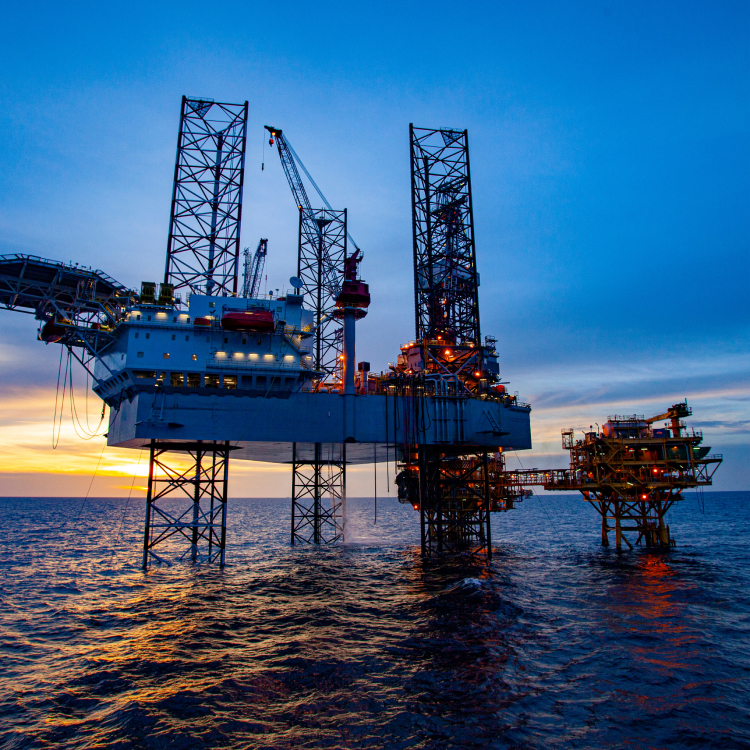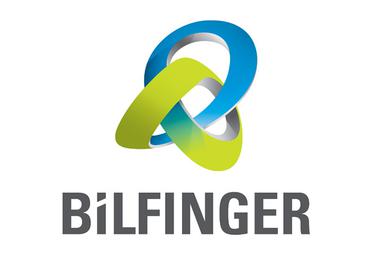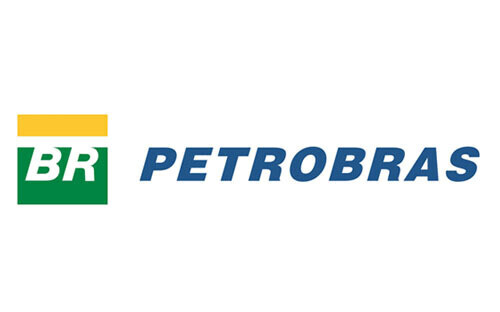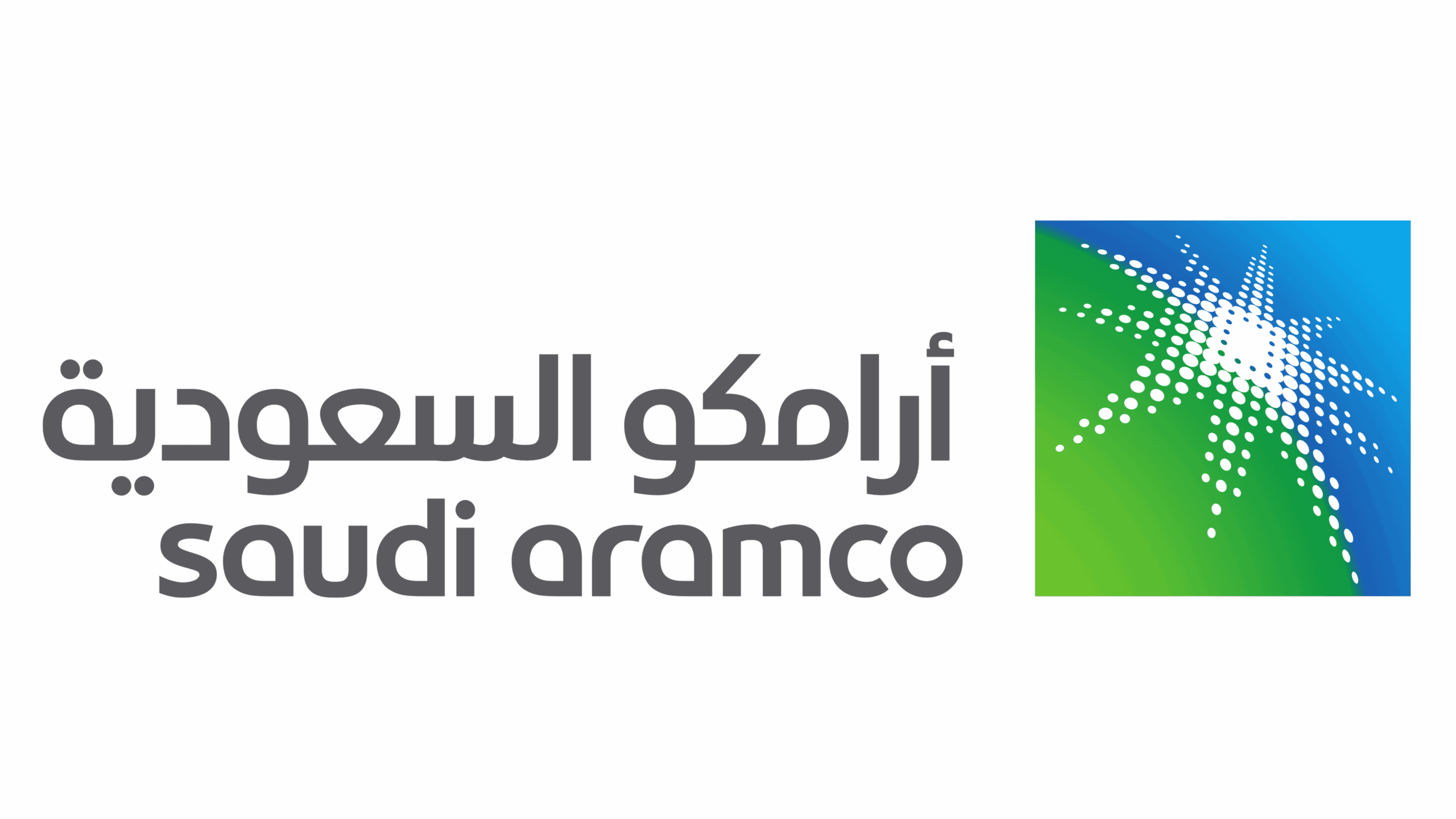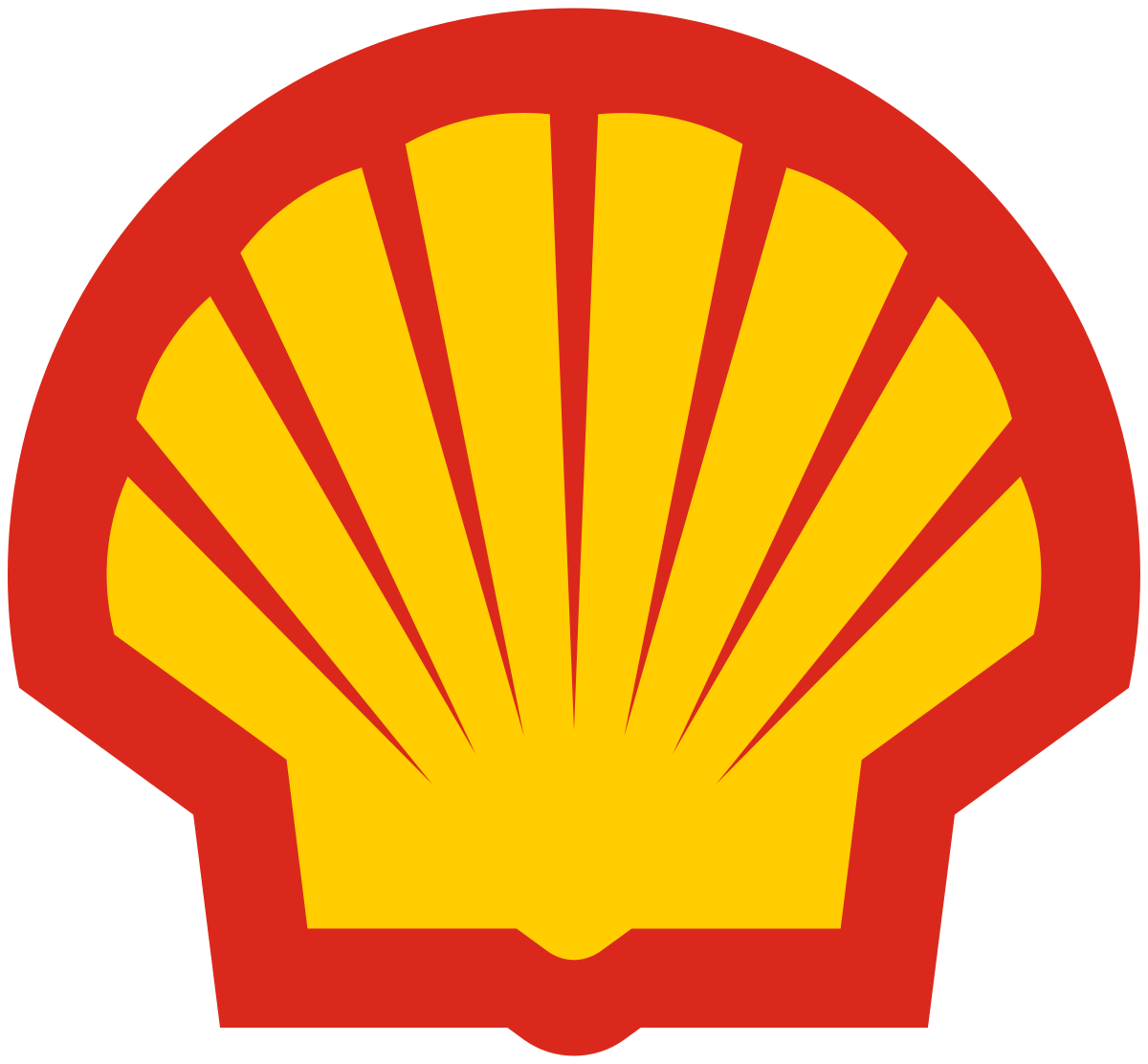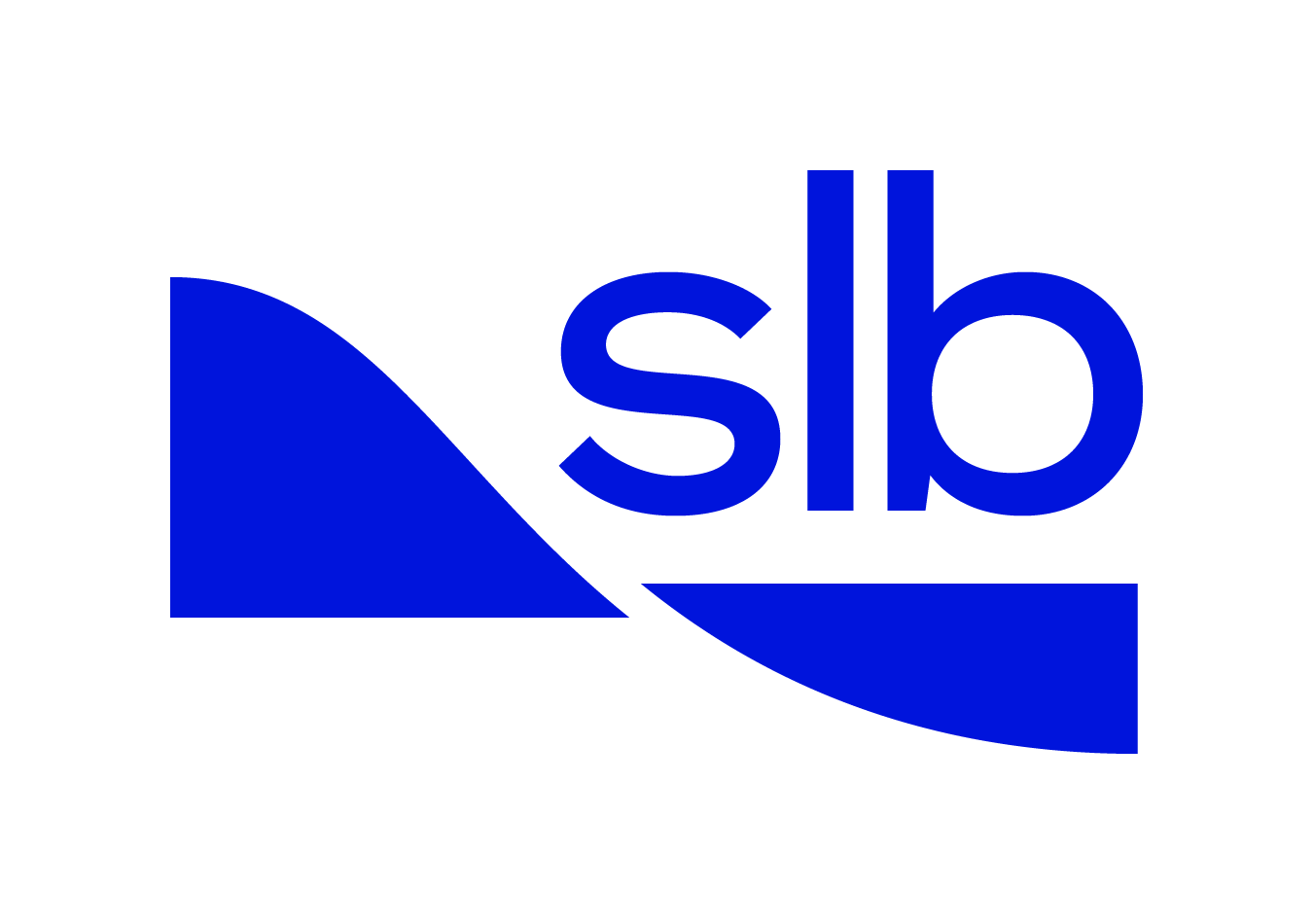Pipeline welding for oil, gas, and water systems demands superior reliability and precision to withstand temperatures ranging from 120°F (49°C) desert heat to -40°F (-40°C) arctic cold. Magnatech’s pipeline welding machines and tools deliver consistent performance, high productivity, and proven corrosion-resistant solutions for CRA-clad pipes exposed to hydrogen sulfide and carbon dioxide. Our systems accommodate pipe sizes from 6″ (168mm) to 72″ (1830mm) and larger, with lightweight weld heads, push-pull wire feeders, and forgiving uphill mechanized processes that minimize repairs and simplify operation for welders of all skill levels.
As offshore exploration moves into deeper waters, Magnatech’s orbital and mechanized welding systems ensure the weld integrity demanded by subsea pipelines and platform construction. From high-deposition FCAW welding of platform “jackets” to precision GTAW welding of Duplex stainless steel control lines, Magnatech equipment delivers reliability and quality in harsh marine conditions. Supported by global training, procedure development, and long-term technical assistance, Magnatech provides complete, field-proven solutions for onshore and offshore oil and gas applications.





